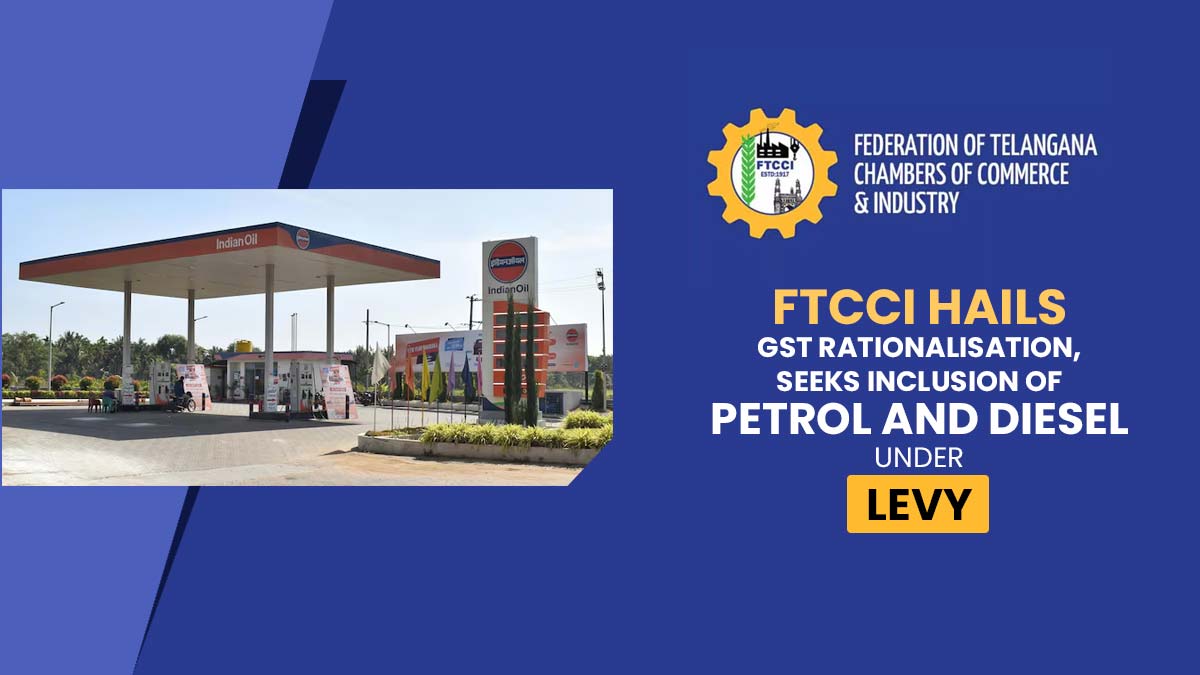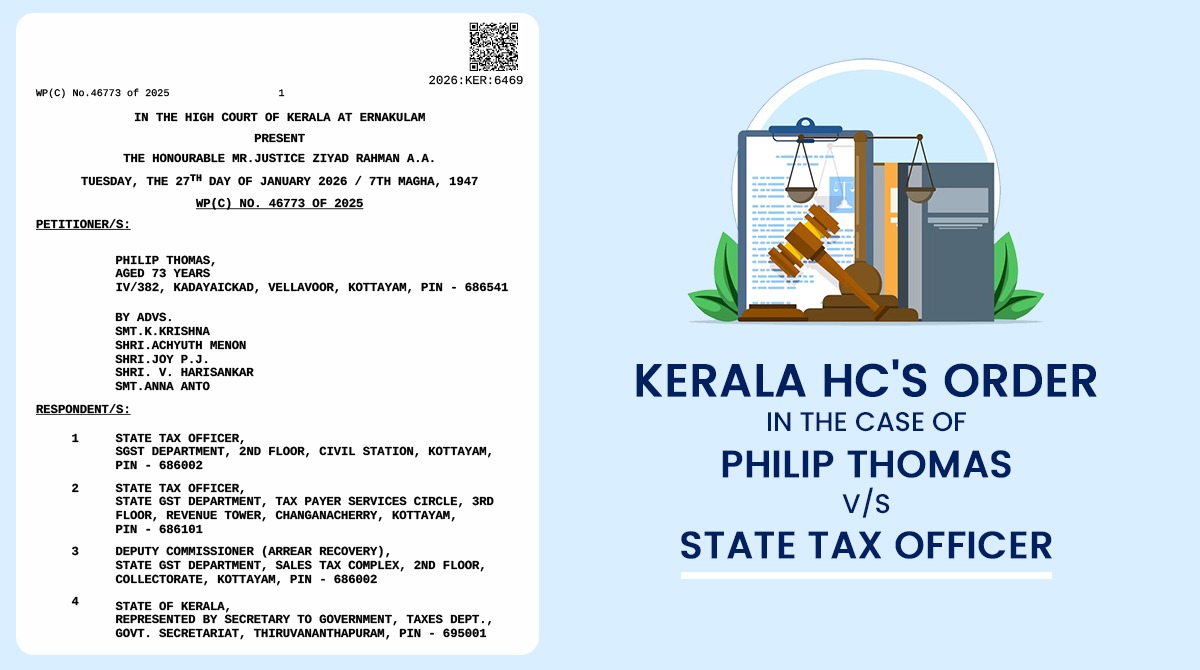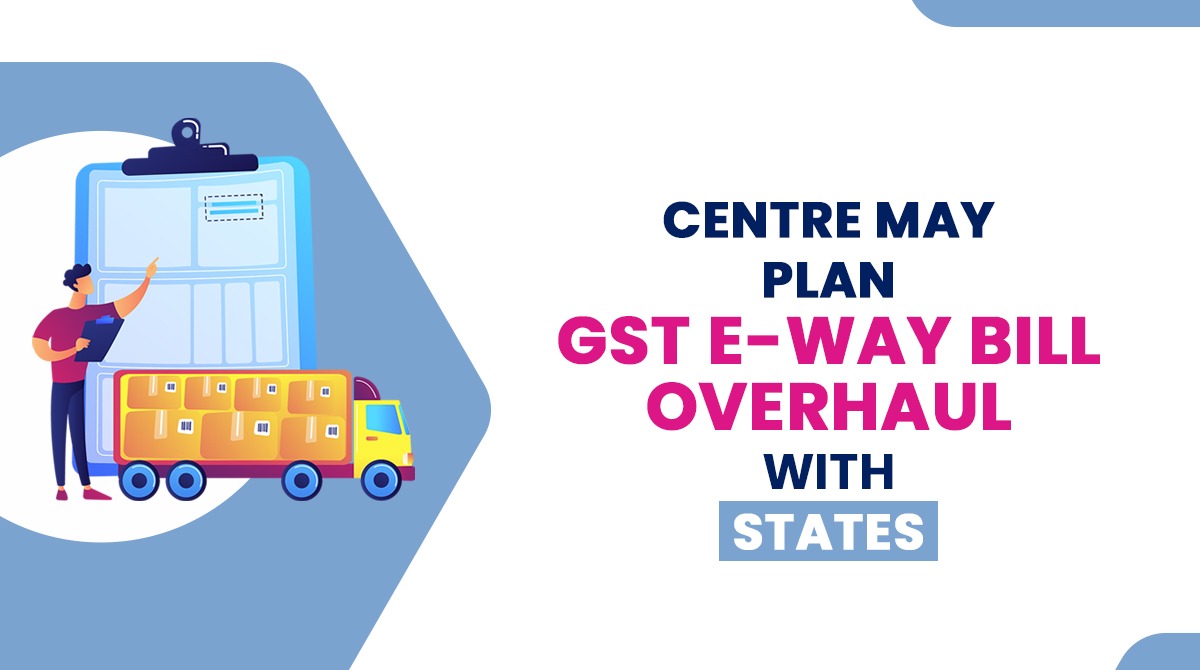
The Federation of Telangana Chambers of Commerce and Industry (FTCCI) has outlined the importance of bringing petrol and diesel under GST while hailing the Goods and Services Tax (GST) rate rationalisation as a landmark step for a simpler and more inclusive tax regime.
FTCCI leaders, led by its president R.Ravi Kumar, while asking for a clear timeline for inclusion of petrol, diesel, aviation turbine fuel (ATF), and natural gas under the GST framework, said this remains a long-standing demand of the industry as a measure to eradicate cascading taxes. State governments currently levy VAT/sales tax, and the rates differ.
Industry body expressed their appreciation for the recent GST announcements. They emphasised the need for an optional higher GST rate for B2B transactions, particularly in the hospitality sector, which would allow businesses to claim input tax credits (ITC). This initiative would help maintain a seamless credit chain and prevent input tax leakage.
GST on Petrol and Diesel
The FTCCI has requested a review and rationalisation of the compensation cess on coal, especially under the GST rate rise to 18%. This is aimed at alleviating the excessive tax burden on energy-intensive and core manufacturing sectors.
Additionally, the FTCCI has emphasised the need for the timely issuance of clarifications and circulars regarding the classification of goods and services under the revised GST rate slabs (5%, 18%, and the new 40% slab). This is intended to reduce litigation and ensure uniform implementation across states.
Chair of FTCCI’s GST and Customs Committee Mohd Irshad Ahmed said that it is not effective to keep petroleum outside GST. Mr. Ravi Kumar stated that the ongoing exclusion results in cascading taxes and hinders the competitiveness, specifically the industries of energy and logistics firms.
Senior vice-president KK Maheshwari, on the decision of 5% GST without ITC on hotel accommodation (up to ₹7,500/day), cited that this was a concern, and FTCCI suggested dual-rate options that permit businesses to claim input tax credit, keeping the facilitated credit flow that GST was developed to enable.
Recommended: 56th GST Council Meeting Big Relief on Essential Goods
As per Vice-President Srinivas Garimella, the rise in the GST rate on coal is not effective. For sectors like steel, cement, and aluminium, the rise from 5 to 18 per cent poses challenges that raise the cost of energy and risk inflationary pressures. The Centre has been requested by FTCCI to rationalise the current compensation cess on coal to offset the impact.
FTCCI cited that the leaders made such observations while welcoming the advantages and relief for the measures specified, along with the moving cement to 18% slab from 28% and rectification of the inverted duty structure on man-made textiles, GST reduction on fertilise, measures objective to improving the ease of doing business, along with the provision of 90% provisional refunds for exports and lessening the GST on several daily use products.
Ready to Increase Growth
As per CII Telangana chairman R.S. Reddy and vice-chairman M.Goutham Reddy, the introduction of GST 2.0 reforms is an effective move that must benefit micro, small, and medium enterprises (MSMEs), the food and agriculture sector, among many others. The economic growth might surge from the amendments. The MSME sector, which is the support of the economy, will gain from the easier compliance structure.
The enterprises will have healthy cash flows from the quick refund cycles and facilitated ITC procedure. The reforms are expected to surge formalisation, lessen compliance costs, and provide authority to the small businesses to expand operations across State borders without encountering bureaucratic hindrances.
GST 2.0, via improving compliance without increasing tax load, is anticipated to ensure that the legitimate taxpayers in the salaried middle class are not penalised because of system inefficiencies.









